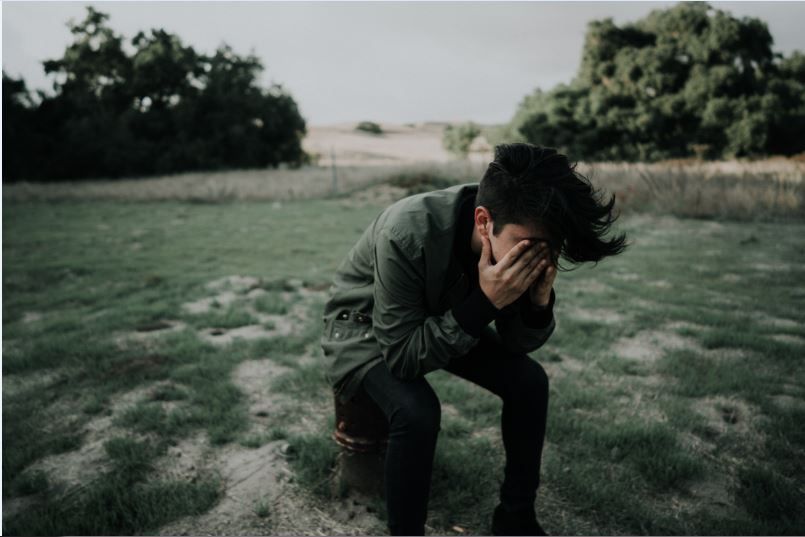
Last month I received two very intriguing and connected requests. The first was to publish a guest blogger’s article on White Guilt and Spiritual Health. The second was an invitation to co-facilitate a webinar on Transforming White Guilt for Everyday Feminism. A beautiful synchronicity, I would say. See below for the article by Cassie Steele, followed by a link to the Everyday Feminism webinar.
Let me first introduce you to the guest blogger. Cass is an experienced freelance writer and dedicated spiritualist. Since embarking on her journey Cass has tried to incorporate her spirituality in all aspects of her life, making it her passion both for her work and private life. She is committed to sharing the importance and rejuvenating benefits of embracing your spiritual side with as many people as possible.
White Guilt and Spiritual Health
White culture is dominant in most parts of America. It determines how people dress, what they buy, and even how they act. In short, it determines what people see as normal. This assumption that what’s good for the majority is good for everybody is a large part of the concept of white privilege. With the recognition of this privilege, for many of us, also comes an unsettling feeling of guilt. Though we may attribute our success to hard work, it’s often in large part a result of the fortunate circumstances of our birth. When surveyed, almost 40% of white Americans admitted to feeling guilty about their race. White guilt can affect our body, spirit, and soul, but luckily, there are ways that we can work towards a brighter future for all races and creeds.
Experiencing White Guilt
Many of us who identify as white have benefited in some way from wealth taken from others, either directly or indirectly. It can be a difficult pill to swallow, especially for those who pride themselves on their hard work. It’s not uncommon to feel a lack of control and deep-seated guilt over the actions of our ancestors.
Guilt can take its toll both mentally and physically over time. Stress chemicals put you at risk of developing headaches, backaches, and gastrointestinal issues. Stress can also lead to depression, anxiety, and insomnia, so it’s important to find ways to feel at peace and accept what has happened before us.
Coming to Grips With the Past
Recognizing that you are privileged is not the same as shouldering unfair blame. We as a group are not responsible for the actions of our ancestors. We should, however, recognize that their actions are in part responsible for where we are today. We should also acknowledge the fact that while these actions may have set us forward in life, they have simultaneously set others back. It isn’t our responsibility to sit lamenting the cruelty of our ancestors, but rather, to sit up and take action. The only way that we can work towards easing our guilt is by providing a better tomorrow for those who have been wronged.
One of the best ways to improve the future is through education. The children of today are who will shape the society of tomorrow, and it’s important that we guide them in the right direction. American students tend not to learn in depth about other cultures or societies beyond their own, which can lead to biased or harmful ways of thinking. Schools and afterschool programs should be encouraged to teach subjects from a multicultural point of view and embrace the diversity of our society from an early age. In this way, we can work towards eliminating both racism and the associated guilt that weighs on the souls of millions.
Though we may feel guilty about the past, there is nothing we can do to change it. Instead, it’s essential that we acknowledge the mistakes and take active steps towards a brighter future. The best way to cope with the emotional and spiritual toll of white guilt is to engage yourself with the community and help to promote understanding between all races.
Thanks to Cass for her words! If any of this resonated, on May 29th, I’ll be co-facilitating a webinar titled “So, You Have White Guilt. What Now?”
This webinar is for you if you want to:
- Recognize how shame and guilt undermine anti-racism.
- Learn to identify and avoid destructive patterns.
- Adopt a both/and mindset that supports a humble confidence.
- Identify unresolvable tensions that come with anti-racism.
- Build the emotional capacity to live with those unresolved tensions.
We’ll be sharing insights and resources, and it would be great to have you participate.
Learn more at: Everyday Feminism Webinar – So…You Have White Guilt. Now What?
